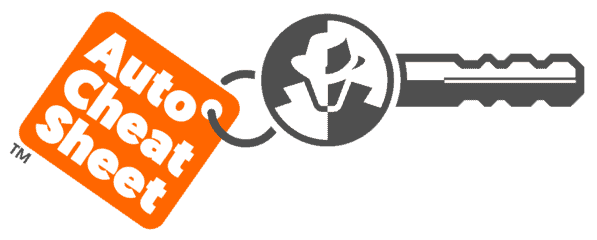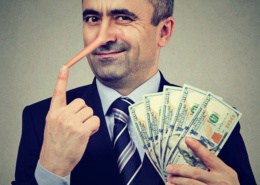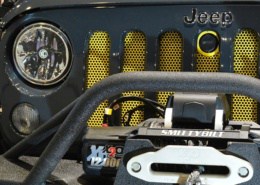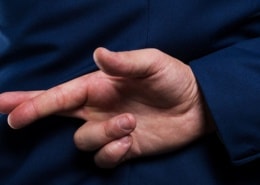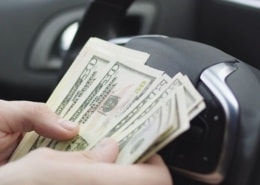Trade-in Value Car Dealer Scam
That’s All My Car is Worth?
The trade-in value scam is also known as the “Hold on Your Trade Scam.” There are several different trade-in scams that dealers can use when trading in your car.
Dealers are very good at putting a value on your trade. However, they are experts saying, “Your car is not worth that much game.”
Before Trading Your Car
You will never get as much money trading your car as you would selling it. When you trade your vehicle in, you will have to turn into the “seller,” and the dealer will become the “buyer.”
Before trading your vehicle, you should always have a good idea of what your vehicle is worth. If you don’t have the time or patience to sell your car on your own, take the time to research and estimate your trade value before trading your vehicle at a car dealership.
Some very inexpensive tips and tricks to get your car ready to trade into a dealership. If you’ve never traded a vehicle in, you will want to know what to expect when trading in a vehicle. Knowing an estimated value for your current car and how the appraisal process works in a car dealership will significantly increase your chances of recognizing when a car dealer is trying to pull a trade-in scam on you.
How the Trade-in Value Scam Works
Once you get to the vehicle appraisal process, the dealer will take your car and appraise it. The scam occurs after they’ve appraised your trade and come back to present you with the actual cash value (ACV).
The ACV is the value the dealer has calculated your vehicle’s worth and will offer you for trading. This number is usually based on the condition of your car, reconditioning needed to get your car to retail ready, and the current used car market for your vehicle.
The dealer commonly presents the ACV of your trade while giving your monthly car loan payments, cash down, and terms. The amount they show you for your trade-in will be well below the actual wholesale value of the car (If your vehicle is worth $4,000 authentic wholesale, the dealer will only offer you $2,500).
| How Car Dealers Hold on Your Trade | ||
|---|---|---|
| $4,000.00 | = | Actual cash value of your trade. |
| $2,500.00 | = | Dealer offers amount to customer. |
| $1,500.00 | = | Dealer profit held on the trade. |
The dealer will now dance around and play word games with you, hoping that all you’re thinking about is the new car you’re about to buy. The car salesman will continue to negotiate with you, getting you to focus on the trade-in instead of other money-making areas they’re scamming you on also.
You tell the salesman you want another $500 for your trade, and he will come back from his manager with only $100 more. This is an old negotiating trick. The dealer knows only to make little adjustments increasing the value to wear you down.
This will continue until you agree on an amount for your trade or settle for the amount given to you. This is why it’s so important never to have your car appraised until you’ve personally estimated the value yourself.
Splitting the Difference
When negotiating price or trade value, car dealers use an effective negotiation tactic: “split the difference.” You can turn the tables on the dealer and use this technique to your advantage.
Always ask for double the amount you want when negotiating more money for your trade. If you’re trying to get another $500 for your trade, ask for $1,000.
You may go back and forth with the car salesman and even act like he’s winning. Once you’re close to where you want to be, say something like this. “Well, if you can’t give me a thousand more, at least split the difference with me. $500 more, and I’ll buy the car right now.”
How to Avoid the Trade-in Value Scam
- Do not trade your current vehicle in for wholesale values. Sell it privately at retail prices for more money.
- Before you begin the trade-in process, read my step-by-step guide on How to Trade a Car at a Dealership.
- Suppose you must trade your vehicle in with a car dealership. Please have a good idea of your current vehicle’s worth before appraising it.
- Buying and trading a car should be dealt with as two separate transactions to keep the confusion to a minimum.
- Do not mention that you want to trade your current vehicle until you’ve agreed on the price of the new or used car you want to buy. If anyone asks you if you’re trading a car, say “NO!” You have the right to change your mind later during the car buying process; this will keep the dealer somewhat “honest” when appraising your car and keep the new car’s purchase price separate from your trade-in’s value.
- Take the time to clean up and make your trade presentable; first impressions are everything.
- Suppose you have an old junk car occupying your property or any vehicle. Look into online companies that will buy your car outright; they won’t just pick up your vehicle; they’ll pay you to come to get it!






